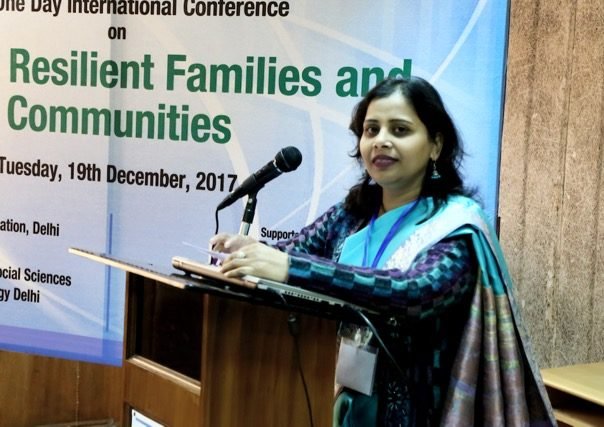
We had a very productive meeting on December 19, 2017 at IIT-Delhi. An intimate conference with an informal participatory approach—drawing upon a diverse group of academics, government officials and NGO officers—allowed us to collaborate and build upon ideas. Resilience is seen as perhaps a better way to support individuals, families, and communities from the perspective of government policy, research, and on-the-ground interventions. Tapping the memories of individuals, families, or communities and coupling them with a process that builds a degree of communication from multiple stakeholders, drawing them into the formal sector, is crucial. This process needs to allow for flexibility and encourage learning. Vulnerable individuals, families, and communities, in particular, may need to organize and exert power to gain from the formal sector. To be effective in this situation, a community organizer or NGO must listen to needs, be data-driven, and recognize that measures are relative rather than absolute. Ultimately, those individuals, families, and communities that are able to adapt can thrive in an uncertain and stressful environment.
For more information on the conference, including the conference program, click here.




